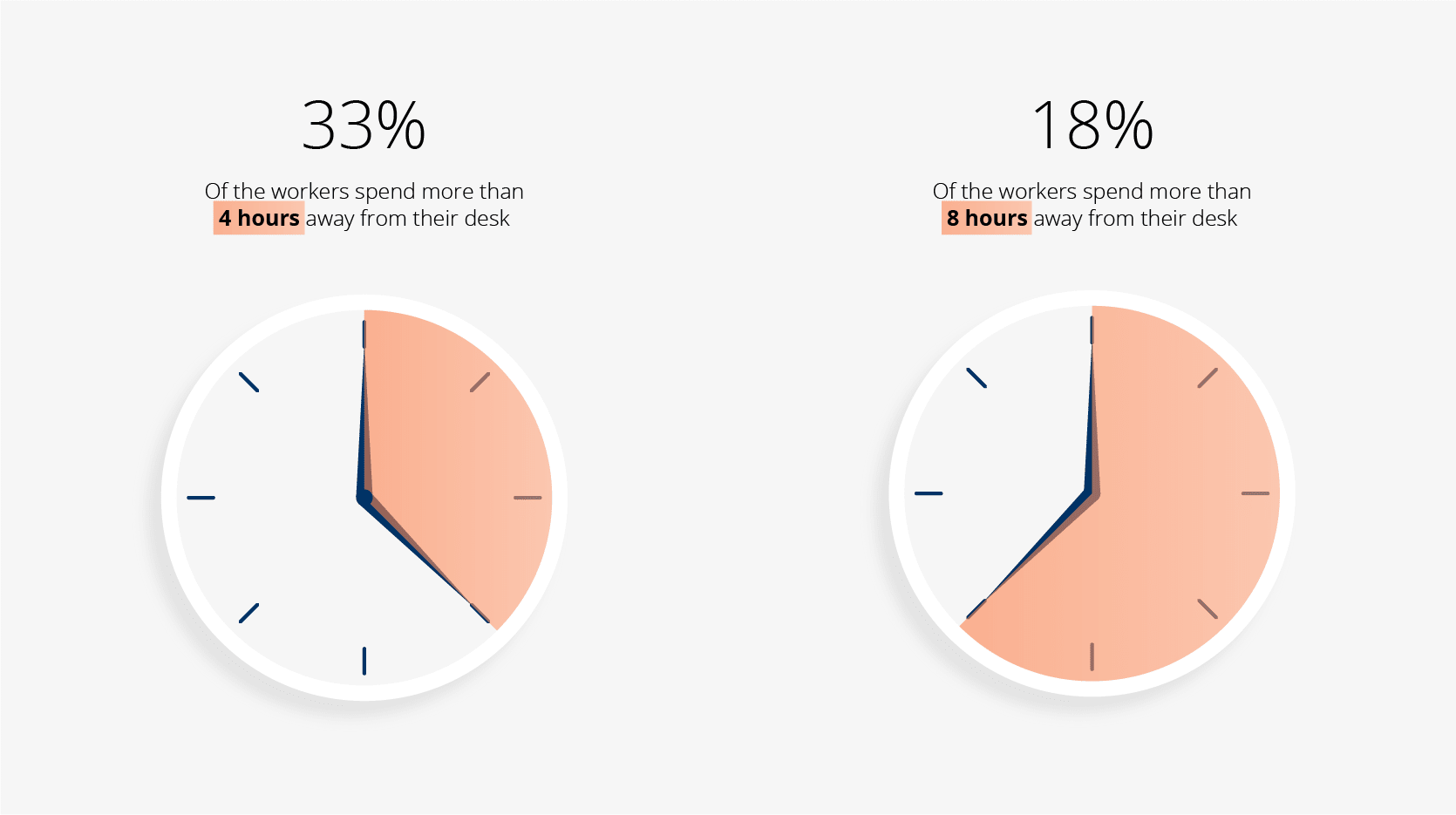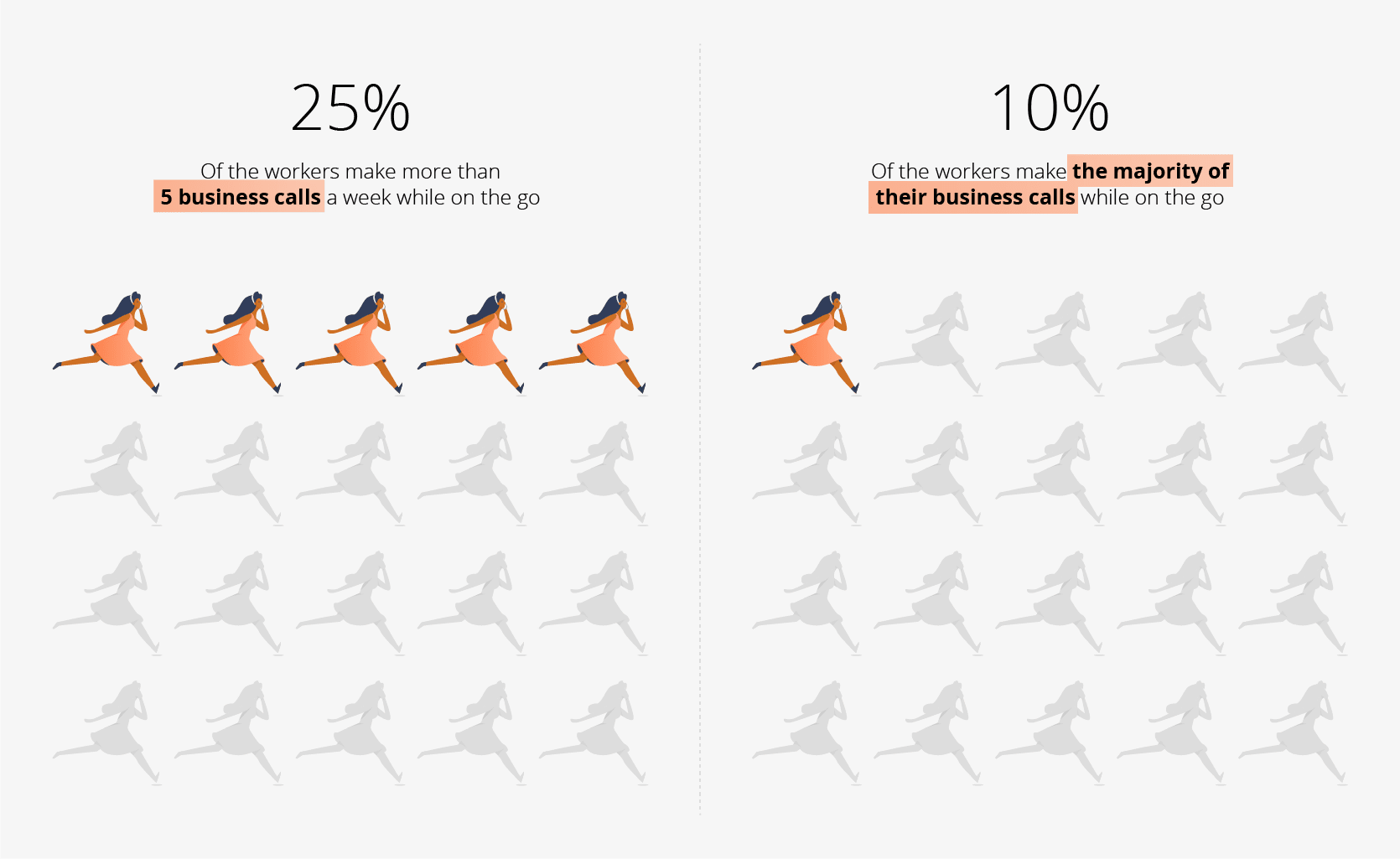
- CBTS integrates Dubber cloud call recording platform for Call Capture and Analytics
- Incumbent telecommunications carrier in greater Cincinnati, Ohio area, with national US business footprint
- Dubber Platform to be available to CBTS Customers from May 2018
- Migration of 2,800 call recording users to Dubber platform by end of CY Q2 2018
Dubber has been selected by tier one regional telecommunications provider, CTBS – https://www.cbts.com – a wholly owned subsidiary of Cincinnati Bell, to provide cloud call recording for its CBTS product portfolio.
Headquartered in Cincinnati, Ohio, the company is a tier one regional service provider that provides integrated communications solutions – including local and long-distance voice, data, high-speed Internet and video to residential and business customers in the Greater Cincinnati and Dayton areas. Through wholly owned subsidiaries CBTS and OnX, the company also provides business communications and IT services to customers throughout the USA and Canada.
CBTS will integrate the Dubber platform to provide market-leading call capture and analytics into its CBTS product portfolio by the end of May 2018. In addition, the company is immediately transitioning 2,800 call recording users on legacy systems onto the Dubber platform. This transition will be completed by the end of CY Q2 2018.
Steve McGovern, CEO, Dubber:
“We are delighted to be working with CBTS to support them for their call recording requirements on the CBTS Business platform. As a significant regional service provider in the United States, they are viewed as a market leader and innovator in the markets they serve. By integrating the Dubber platform as a feature rich, value-added service for users, the company will be able to provide their business customers with the most scalable cloud call recording and analytics platform available. We are looking forward to working closely with the CBTS team as they deploy and roll out the Dubber platform to their customers and prospects.”
The CBTS agreement will advance Dubber’s strategy to accelerate active users and associated revenues while establishing global leadership in cloud call recording and voice data management.

DUB Interim Financial Report 31 Dec 2018

At Dubber, we have built our products and services in the cloud: benefitting from the unlimited scalability and storage that this provides. We have chosen Amazon Web Services to enable us to provide high levels of security, reliability, and service. Our infographic shows how a move to the cloud can bring numerous advantages.

The world is changing. The way we communicate has been transformed and the world of work is adapting to new technology. We wanted to learn more about how people’s working lives have changed, and their frustrations with technology that hasn’t quite caught up, so we launched a targeted research campaign to learn more.
Our research surveyed over 2000 service sector employees to better understand the ways in which the world of work is changing and how communications service providers could provide products and tools that could help them reclaim their time.
An increasingly mobile workforce
Workers are no longer tied to their desks and jobs are becoming much less office-based. Our survey found that a third of the workers spend more than four hours away from their desk during their working day. With 18% away for eight hours or more, a significant number of service sector workers are completely mobile.
We wanted to find out just how productive employees are during this time away from their desk. Do they find they are catching up on missed work when they are back at the office? Are they continuing their jobs on the move? And, more importantly, do they have the tools they need to do their work effectively?
Cohesive communications
Dubber are always looking for ways to help people to manage their communications and make the most of every phone call. We were interested to find that over a quarter of all workers we surveyed make more than five business calls a week while mobile, and a tenth do the majority of their business calls on the move. With all these conversations taking place away from a desk, a keyboard, and a trusty notepad, it can be difficult to keep track of everything that takes place during a conversation.
James Slaney, Dubber co-founder, has commented on the research; noting that, “The ability to work anywhere is obviously advantageous and a necessary component of modern work life, but it remains challenging when information is poorly recorded and crucial details missed when workers have phone conversations. Phone calls are often reserved for the important stuff; for the decision that needs to be made, for the question that we want answering urgently. We pick up the phone when we just need to get things done.
When phone calls can be recorded and the information gathered on them digested in the same way we process emails, we will see a resurgence in the number of calls made in the workplace. Once only provided as an always-on service deployed for regulatory compliance or contact centres, now businesses can choose from a range of call recording options and capture their calls at the touch of a button.
Advances in cloud computing and digital transformation mean that phone calls will better retain their value to businesses and advances in speech intelligence technology will allow businesses to unlock their priceless data. For the multi-tasking, mobile working Brit, the ability to make better use of the information gathered through phone calls gives peace of mind so that miscommunication and misunderstandings will be a thing of the past.”
How service providers can help workers
Providing call recording and speech intelligence as a service allows service providers to supply their customers with solutions capable of meeting the needs of an increasingly mobile workforce, at a cost that is affordable to businesses of all sizes. Dubber’s monthly subscription model allows smaller organisations to access the benefits of call recording and pass these efficiencies on to each of their employees.

The benefits of call recording are now available on demand. Once only provided as an always-on service deployed for regulatory compliance or contact centres, now businesses can choose from a range of call recording plans and capture their calls at the touch of a button.
2018 is set to be a year of digital transformation, when organisations take their first steps into the cloud and begin to reap the benefits. Looking to the future of communication, phone calls will retain their value and advances in speech intelligence technology will allow businesses to unlock their priceless data.
How to record your calls
A move to the cloud means a move away from being tied down: to investment, to storage plans, to bulky equipment. Cloud call recording as a service allows organisations of any size to capture their conversations at an affordable cost. With no on-premise equipment required, Dubber’s call recording can not only be deployed rapidly, but can also be installed without the need for CapEx.
Always on
Always on records all calls, directly from the network. Perfect for regulatory compliance, or for large businesses that want to record calls for training purposes. Team hierarchies can be established, making calls accessible only to admins, supervisors, and the individual users who made the calls.
On demand
On-demand recording is a user-initiated service that only records selected calls. The user can decide to record a conversation before or during a call using a function on their desktop or handset. Recorded calls are stored in the same way as other team members and have a hierarchy of access permissions. Each individual user only has access to their own calls, while supervisor and admin permissions grant access to the calls of an entire team.
Playback
Specially designed for individuals, Playback gives users the gift of hindsight with the option to save a record of their calls for up to three days after the call has been made. They can then access them through their own private dashboard using a web, mobile, or deskphone app.
Zoe
Zoe transforms everyday phone calls into valuable data assets for both businesses and individuals. A comprehensive suite of speech intelligence modules, Zoe lets users unlock the insights held within the data of voice calls through its key features: Smart Search, Keywords (coming soon), and Sentiment (coming soon). Businesses can examine their customer communications to increase their understanding of their interactions and discover areas of potential improvement.

Dubber Completes $6.5 Million Placement with Institutional and Sophisticated Investors
Dubber Corporation Limited (ASX: DUB) is pleased to announce that it has received commitments for a $6.5 million capital raising placed with institutional and sophisticated investors. The capital raising will result in the placement of 17,143,572 new fully paid ordinary shares at an issue price of $0.35 per new share (with a further 1,428,572 subject to shareholder approval) under the Company’s current placement capacity in accordance with Listing Rule 7.1 (5,435,343 shares) and 7.1A (11,708,229 shares). The price of $0.35 meets the requirements of LR 7.1A.3 in being greater than 75% of the 15-day VWAP.
Settlement of the placement and issue of new shares is expected around Wednesday, 20 December 2017.
The placement was supported by existing shareholders and institutional investors. The funds raised will be used to further expand Dubber’s operations, particularly in North America and Europe where the Company is seeing strong demand for its services and a number of strategic agreements with tier one service providers reach anticipated full deployment in calendar 2018. The Company will also be adding additional staffing and strategic account directors as its cloud call recording and intelligence platform is fully integrated into BroadSoft’s BroadCloud Unified Communications delivery platform.
As part of the capital raising a significant portion was taken by entities managed by James Spenceley, an Australian telecommunications pioneer and founder of Australia’s largest fixed line Telco Vocus Group Limited.
“The adoption of cloud based IP telephony is accelerating globally, a pre-requisite of that successful transition is cloud based call recording. Dubber’s solution is simply world leading and solves a very real problem for Telcos and Vendors looking to transition their clients to the cloud. It is exciting to be able to support a home-grown technology business addressing a global market and validated by some of the world’s biggest telcos and telephony vendors” said Mr. Spenceley.
As part of the capital raising, Managing Director Steve McGovern has subscribed for 1,428,572 shares ($500,000.20) subject to shareholder approval.

The deadline for compliance with MiFID II regulations is upon us and the time to adapt to the new rules is now. This extension of MiFID legislation requires any company or employee to record all calls, across mobile and fixed lines, that include financial advice that could lead to a trade. More regulation shouldn’t mean doom and gloom: smart organisations will see these changes as an opportunity to set themselves apart from their competitors with an honest and trustworthy approach to trading and financial advice.
Compliance is an opportunity, not a burden
With technological advances, businesses have the opportunity to make huge improvements in the way they work and the enforcement of MiFID II regulations are the perfect cue to start. By utilising cloud technology to meet the requirements of the new legislation, financial organisations can turn these regulations to their advantage to create value for their business: at an affordable cost, and with no disruption to their existing processes.
Looking beyond the necessary steps required for MiFID II compliance, financial organisations can actually improve their offering and beat the competition by taking advantage of new opportunities. The benefits of a proactive approach to compliance include:
- Improvements in business and customer service practices
- Setting a higher bar for competitors puts businesses ahead of the game
- Gaining a reputation for best-in-class practice
- An opportunity for new technologies to harness the true value of recorded data
- Risk identification and management
Intelligent call recording goes beyond compliance
By deploying call recording for compliance, organisations can also take advantage of the added benefits that can be accessed. Dubber’s call recording is available with the added intelligence of Zoe: a sophisticated suite of speech analytics tools that can help businesses unlock the data held within their voice calls.
Identifying issues and opportunities
Speech intelligence can be instantly added to Dubber’s cloud call recording, allowing organisations to turn MiFID II compliance to their advantage. Zoe can help businesses to analyse their working practices — identifying issues that can be addressed as well as opportunities for development.
Risk management
With Zoe’s Smart Search functionality, recorded calls company-wide can be searched instantly, no matter the size of the organisation. Keywords associated with financial risk can be identified, highlighting conversations that might contain issues. This kind of monitoring promotes a reassuring environment for the consumer.
A competitive advantage
The aim of the MiFID II legislation is for consumers to regain trust in the financial industry, and financial organisations should jump at the chance to showcase how their company goes above and beyond their competitors. By setting a higher bar for financial practice, organisations can get ahead of the game.
A proactive approach to MiFID II regulations
Compliance with regulations shouldn’t be a reactionary game, with organisations playing catch up to attain the minimum requirements to meet regulations. Those who will lead the market will be those who proactively consider how to provide best-in-class practices that offer a better experience for their customers. With MiFID II following so closely behind the original MIFID legislation, MiFID III can’t be too far behind. By taking a proactive approach to customer service and business development, organisations can use technology to their advantage to stay ahead of the game.

The time to adapt to the new MiFID II rules is now. Together with unified telecom services provider Simetric, Dubber has the solution to help financial services organisations comply with the expanded regulations of MiFID II.
Delivered through a SIM card, this advanced communications solution gives users the ability to capture all of their mobile conversations as well as their fixed line calls – a key component of MiFID II compliance. The regulations require all conversations that result or might result in transactions to be recorded, and includes equipment provided to, or authorised for the use of, employees and contractors of the firm – mobile phones being a key example of this clause. This new service will allow users to have a single number across their mobile and fixed line platforms, with Dubber communication capture available across all of their devices.
As MiFID II regulations have extended their coverage to include independent financial advisors, a call-recording solution that can be implemented quickly and easily through a SIM card is an ideal solution. Dubber + Simetric’s call recording solution is cloud-based, enabling users to deploy the service rapidly.
An extra feature of this advanced communications solution is Zoe, Dubber’s powerful speech intelligence suite, which enables users to search through their calls and analyse the voice data that has been captured. Calls related to trades can be quickly located — a crucial component of MiFID II compliance — using a variety of search criteria, but the power of Zoe doesn’t stop there. Zoe’s capabilities are developing every day, and new functionality will allow users to gain valuable insights in a variety of ways from their conversations.
At a time when organisations must be seen to be taking compliance seriously, implementing a comprehensive solution that records communications across devices is an ideal way to ensure your firm is ready for MiFID II. Not only will the worry of compliance be lifted, but consolidating your conversations and using one number for all communications will streamline your workflow.

Used as a new way to deliver unified communications functionality through web and mobile applications, WebRTC has quickly grown in popularity in recent years and is utilised by social platforms such as Facebook and Slack. WebRTC began as a free project that aimed to provide high quality real-time communications (RTC) capabilities between peer-to-peer connections, built into web browsers and mobile applications using simple application programming interfaces (APIs) and a common set of protocols. The growth of the global WebRTC market is expected to be over 40% between 2016 to 2023 (see chart below).

Source: Credence Research
This initiative enables audio, video conferencing, file transfer, instant messaging and also screen sharing without the plugins such as Adobe Flash that have always been required in the past. WebRTC can be seen all over the internet, such as on websites that allow consumers to access contact centre agents through their browser. Live customer assistance can be provided through a chat service or through a WebRTC call that can be placed directly through the browser. It is also what powers calls through instant messaging services such as Slack and enables the voice and video chat that is built in to Facebook’s Messenger.
Previously, this type of plugin-free RTC technology has only been available to large enterprises, as licensing fees for the audio and video technologies required were prohibitively expensive. WebRTC is the first of its kind; allowing a powerful RTC standard to be available to the public as open source. It has the potential to create a new wave of applications and change the way we communicate.
WebRTC runs on JavaScript, which can be easily incorporated into any web application to enable the functionality through a JavaScript API. The services that WebRTC provides can also work simultaneously so that, for example, files can be shared during a teleconference.
Intentionally developed to not provide any preference of protocol, WebRTC is compatible with a variety of existing communications infrastructure such as session initiation protocol (SIP), which is widely used for voice and videoconferencing over IP networks. This means that, just like other VoIP calls, WebRTC calls can be recorded by Dubber’s communication capture software.
What are the advantages of WebRTC?
WebRTC has many advantages, including significantly better video quality than Flash, session connection speeds that are up to 6x faster, and reduced audio and video latency that enables conversations to feel more natural.
Many web services already have RTC capabilities, but only through plugins. WebRTC doesn’t require any plugins and therefore has none of the download, installation, or update processes, or troubleshooting that usually accompany RTC services.
The simple APIs and protocols of WebRTC have the potential to democratise communication across a range of applications from telephony to gaming.

Customer service is an important area of investment for businesses wishing to differentiate themselves from their competitors. With customer contact largely occurring over the phone, the voice data from conversations with customers has become a valuable business asset. Accessing this data to enhance the customer experience can bring numerous benefits. With legacy call recording solutions this data is more difficult to access, however, call recording services built on a cloud infrastructure have the storage and processing capabilities required to truly harness the voice data collected from customer calls. Accompanied by a speech intelligence solution that can analyse the data, a cloud call recording service can allow an organisation to truly listen to its customers. The global speech analytics market has been growing steadily over the past few years and is set to continue, read on to find out how new technology can improve customer service in contact centres.
Quality assurance
Using speech intelligence software such as Zoe from Dubber, contact centre supervisors can monitor their contact centre agents to ensure they are performing to the best of their abilities. Script adherence is important when staff are given directives to do with how to handle certain situations, or when there is a sales campaign in progress. A feature like Keywords can identify those contact centre agents who adhere to scripts, and show calls that do not contain certain words or phrases.
Zoe’s Sentiment feature analyses the emotions of callers using speech characteristics such as tone, volume, and speed of speech and assigns a positive or negative score to a conversation. This allows businesses to identify negative calls that might be from frustrated callers – an automated process could even be enabled to alert management to follow up on negative calls. Trends in negative calls could be identified to show opportunities for development. As Zoe operates in the cloud, and utilises the processing power of AWS, detailed reports can be created using data from all calls rather than a small sample
Dispute resolution and detail confirmation
Recorded calls can provide definitive proof of what was said in a conversation. While this can be useful for everyday business – replaying calls taken on the go to confirm important details back in the office, or replaying orders to ensure accurate fulfillment – recorded calls are also a vital tool in dispute resolution. Zoe’s Smart search feature can easily scan call archives using a variety of criteria from date of call to a specific word or phrase spoken. This quick search means that disputes are settled as soon as possible.
Staff training
Playing real calls is the most effective training method for new staff. The ability to play an example of an actual phone call gives a realistic insight into the conversations a new contact centre employee can expect in their role. Examples of how to deal with angry callers can be played, with proven methods demonstrated.
Recorded calls can also be helpful for existing contact centre staff. An employee’s own conversations can be replayed to show how a call could be handled differently, while successful calls can be shared with a team for motivation. A culture of self-evaluation can also be nurtured by encouraging employees to replay their own calls and reflect on how they dealt with these customers and issues. Dubber’s web portal allows contact centre agents to access their own calls, and team permissions can be set-up so that supervisors can listen to their team’s calls.
Rewarding excellent staff
Zoe can be a great tool for identifying high-performing staff. With Sentiment’s call scoring, contact centre employees who consistently turn negative calls into positive interactions can be easily identified and rewarded for their great work. First call resolution can be tracked and those contact centre agents that achieve high levels can also be acknowledged.
Not all calls are best handled by the person who answers them and knowing when to transfer is a highly valuable skill. Calls transferred to management can be assessed and staff rewarded when appropriate. This variety of measures can indicate those employees who would make good candidates for promotion.
CRM integration and customer insight
Dubber’s partnerships with service providers such as Mondago allow for easy integration with features that can make life easier for contact centre agents. Mondago are leaders in computer telephony and CRM integration and can help organisations build informed profiles of their customers using data from their calls. Features such as screen population, which displays customer information to contact centre agents, can reduce call time as callers no longer need to state all of their details each time they call.
Dubber’s open API allows easy integration with CRM systems. Customer calls can be stored alongside their order history and personal information for detailed customer profiles that facilitate quick and easy customer service.
Deploying a cloud call recording solution, alongside speech intelligence, can not only improve customer service, but provide insight into the working practices of a business and identify areas of potential growth and development. Contact us to find out how to make the most of your phone calls.




